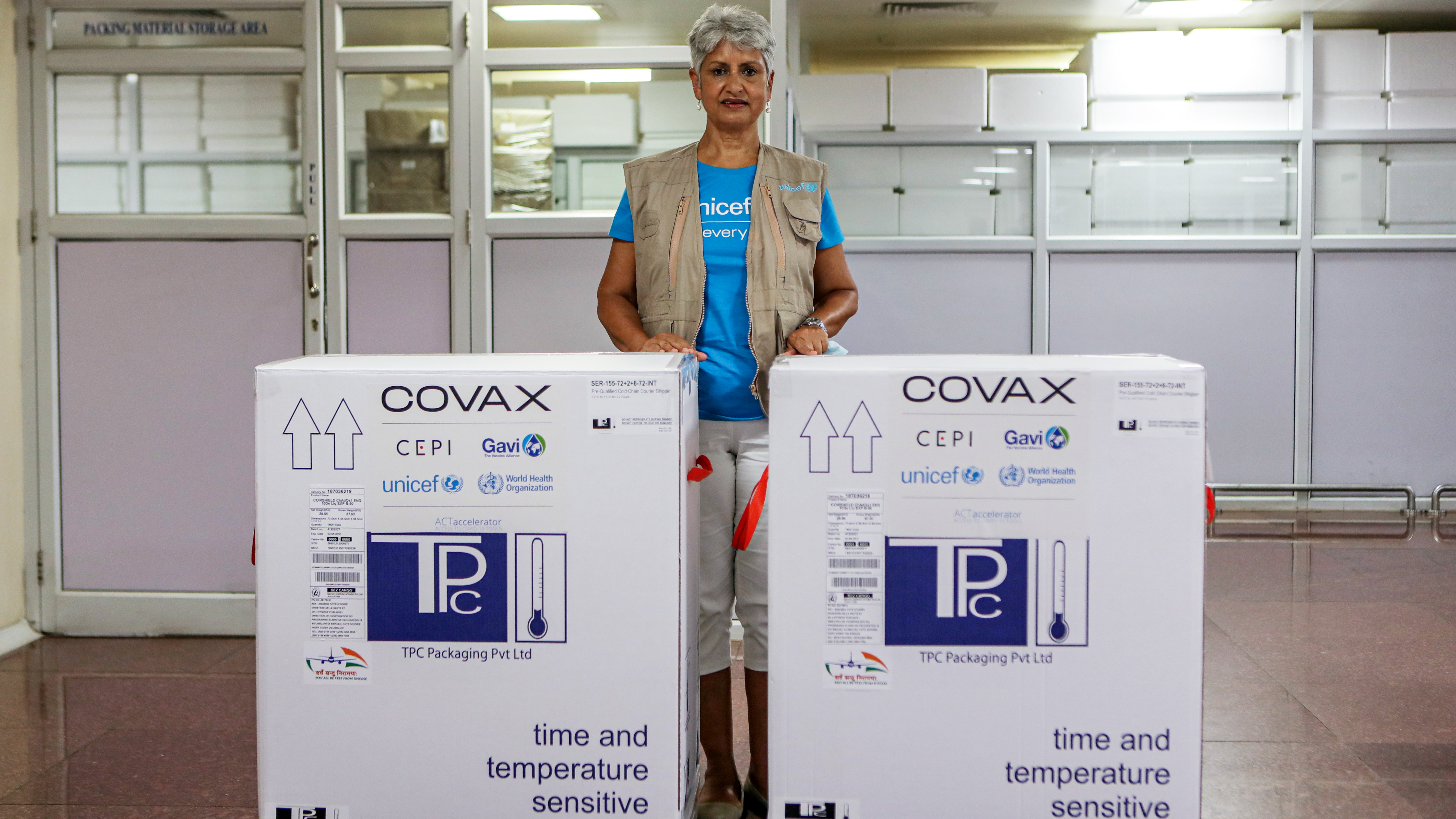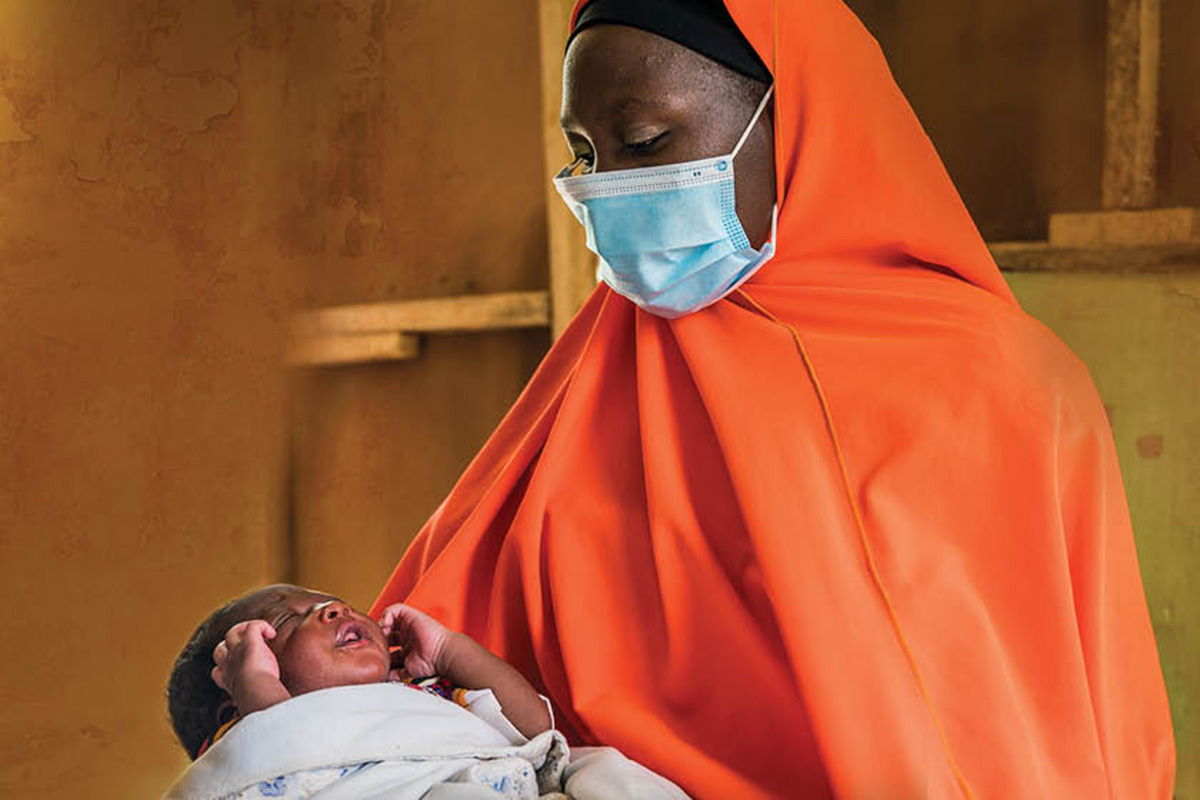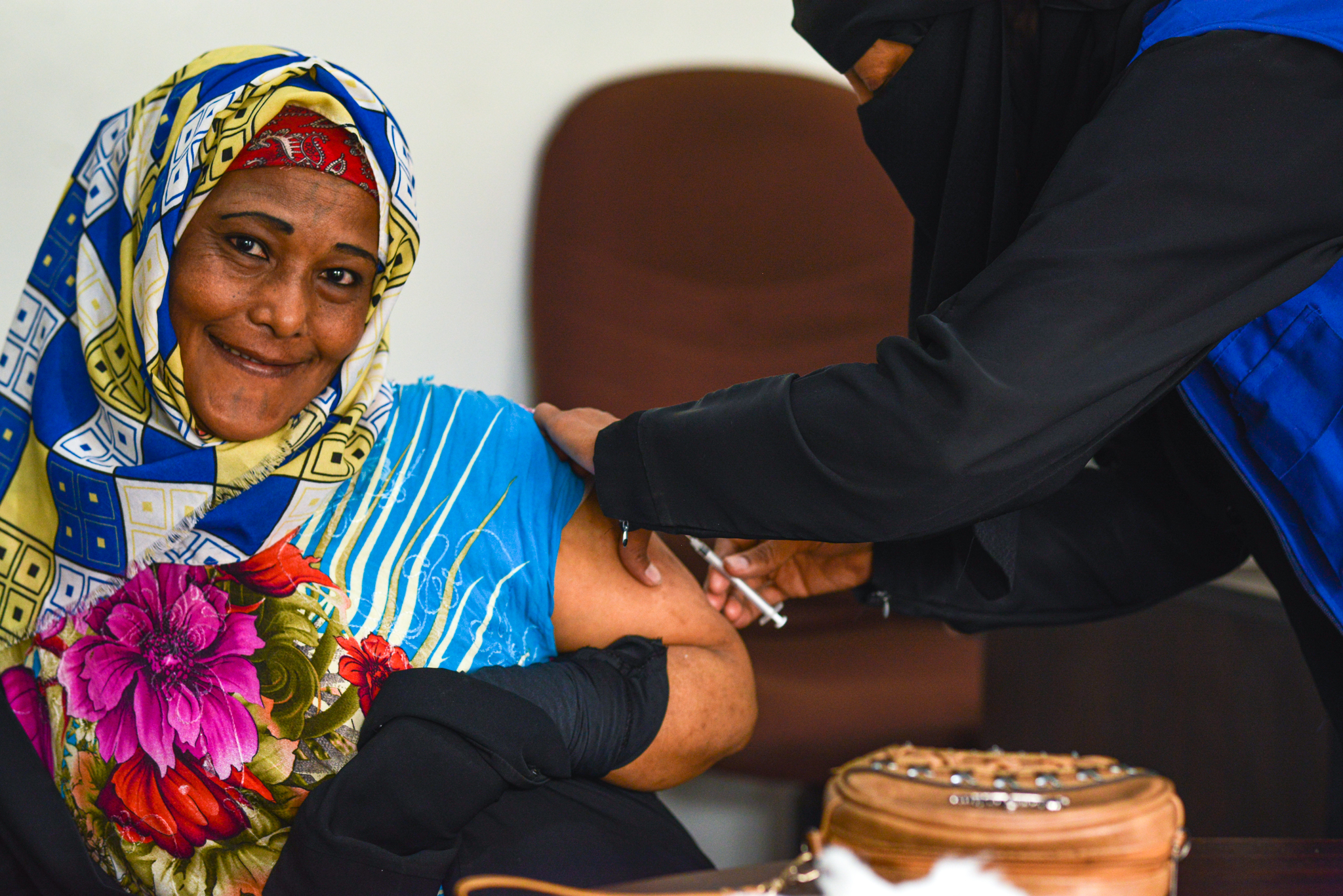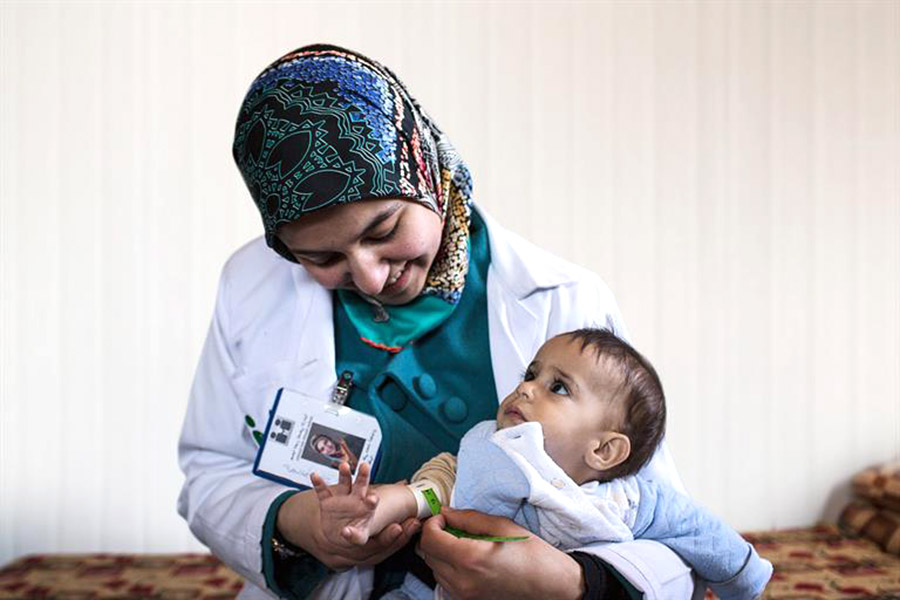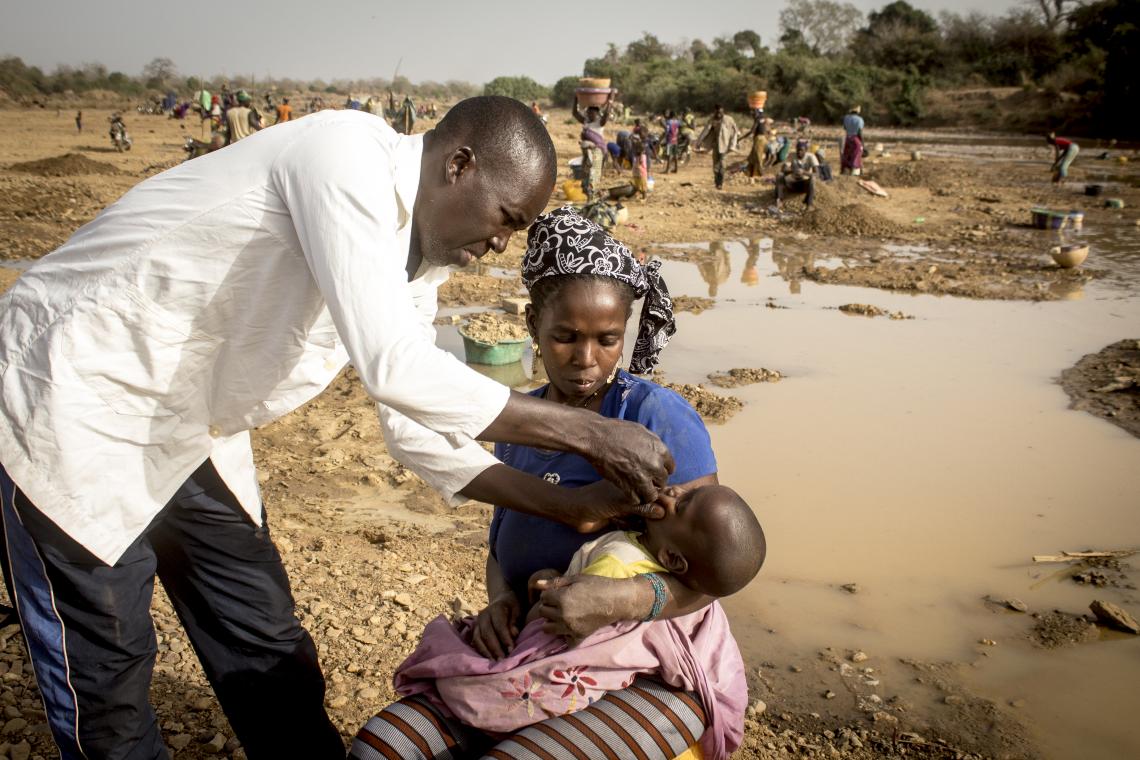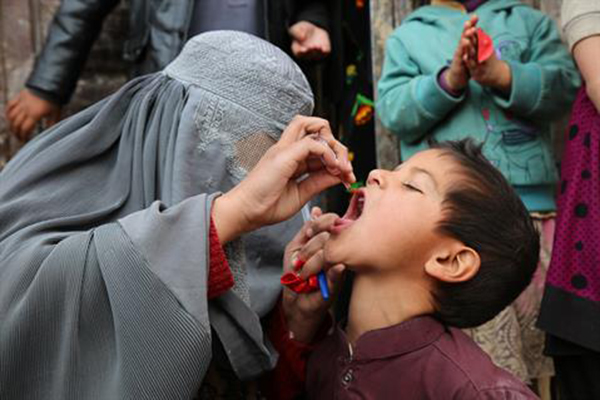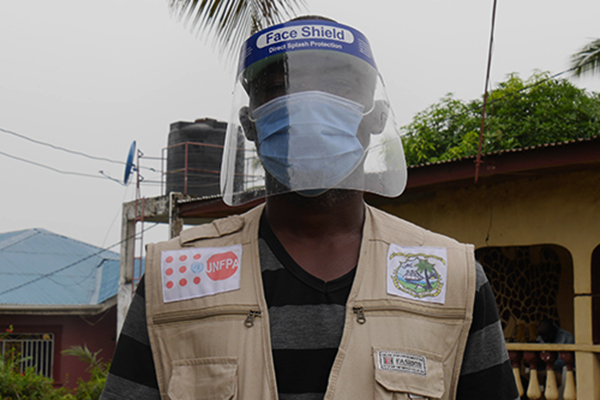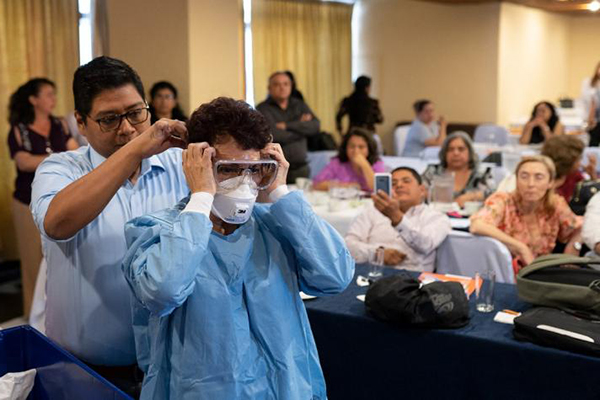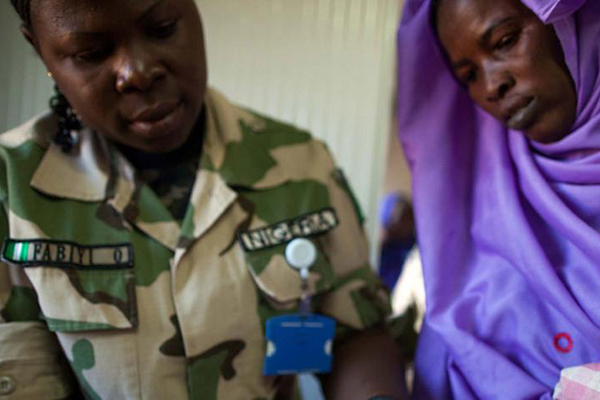In the 2000s millions died waiting for the first ARVs until knowledge was shared, intellectual property barriers were overcome, and production was globalized. Yet for COVID-19 vaccines and many new HIV technologies that path is being blocked—and we are repeating mistakes of the past. The world will remain unprepared to end AIDS, unprepared to fight COVID-19, unprepared for pandemics of the future, as long as monopolies prevent global access to the best science, from COVID vaccines to new HIV technologies. This is a call on the world to join a movement to ensure pandemic-science for HIV and COVID-19 reaches not just the rich, but all who need it.
Health Interventions
Yasmin Ali Haque has worked for UNICEF for almost 25 years and is now the UNICEF Representative in India. In this episode of Awake at Night, she describes the current situation: COVID is bringing communities together, but it is also bringing back negative coping mechanisms such as a returning rise in child marriage.
The State of the World’s Midwifery 2021 presents findings on the Sexual, Reproductive, Maternal, New-born and Adolescent Health (SRMNAH) workforce from 194 countries. The report, produced by UNFPA, WHO and partners, shows the progress and trends since the inaugural 2011 edition and identifies the barriers and challenges to future advancement. The report establishes a global shortage of 1.1 million SRMNAH workers, the largest shortage (900,000) being midwives. Investment is urgently needed.
The success of national vaccination campaigns depends on how inclusive and equitable they are, but there are serious concerns that some members of vulnerable communities may be excluded even if they are mentioned on paper.
The COVID-19 pandemic has unveiled the huge challenges and risks health workers are facing globally including health care associated infections, violence, stigma, psychological and emotional disturbances, illness and even death. Furthermore, working in stressful environments makes health workers more prone to errors which can lead to patient harm. Therefore, World Patient Safety Day 2020 focuses on the theme: Health Worker Safety: A Priority for Patient Safety. On 17 September speak up for health workers and share these social media cards.
Without vaccines, we are at risk of serious illness and disability from diseases like measles, meningitis, tetanus and polio. In today' interconnected world, infectious diseases easily cross borders, infecting anyone who is not vaccinated. Get vaccinated on time, every time.
In the Upper East Region of Ghana, a three-wheeled vehicle makes its way down a bumpy rural road, raising a cloud of red dust behind it. It’s one of 80 ambulances that helps bring medical assistance to communities in some of the most remote parts of the region.
A day in the life of a vaccinator in Mali: Going the distance to reach every child
The aim of World Immunization Week (24-30 April) is to promote the use of vaccines to protect people of all ages against disease. Every year, millions of lives are saved thanks to immunization, one of the most successful and cost-effective health interventions. However, nearly 20 million children are still unvaccinated. With the theme #VaccinesWork for All, the campaign focuses on how vaccines as well as the people who develop, deliver and receive them are vaccine champions.
After working with the government of Liberia during the Ebola epidemic, UNFPA co-leads the COVID -19 surveillance and contact tracing efforts with the WHO. Contact tracers are urgently being recruited, trained and deployed. They are tasked with identifying contacts of confirmed cases, monitoring for symptoms, and referring cases for testing. They come from the most affected areas and are assigned within their respective communities to also address mistrust and misinformation.
The lengths to which health workers go to reach every child with vaccines
With coronavirus transmission on the rise in most Latin American countries, there is a small window of opportunity for Governments to slow the spread of the virus, reduce the impact on health systems and save lives. PAHO, the specialized health agency for the Americas that also serves as the regional office of the World Health Organization (WHO), is working with Governments to protect their health personnel. It is vital that countries decide what social distancing measures need to be implemented and for how long.
Secretary-General António Guterres paid tribute to UN healthcare personnel who are working to ensure the well-being of UN personnel during the COVID-19 crisis. As of March 2020, the United Nations has 763 healthcare personnel working in various medical facilities around the world, including in headquarters and field offices delivering services to support UN personnel in their vital work. Mr. Guterres expressed his continued support for their efforts, stressing: “I’m entirely behind you.”
The United Nations is rushing to protect Africa from the COVID-19 onslaught that would lead to massive losses of lives and unprecedented social and economic damage. The novel coronavirus is now poised to move fast into the developing world “in a very dangerous way”, and into areas that lack the resources to respond, said UN Secretary-General António Guterres. The Economic Commission for Africa is calling on the Group of 20 countries to support Africa in an immediate health and human response, to include an emergency economic stimulus to African governments.

